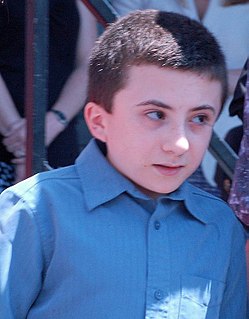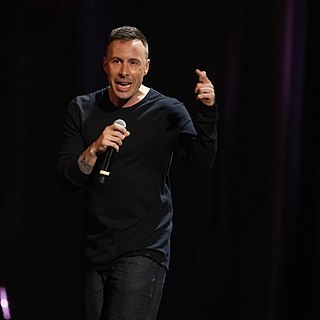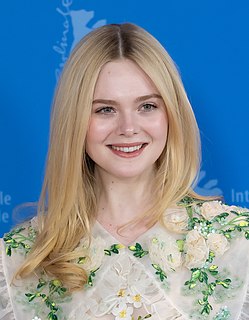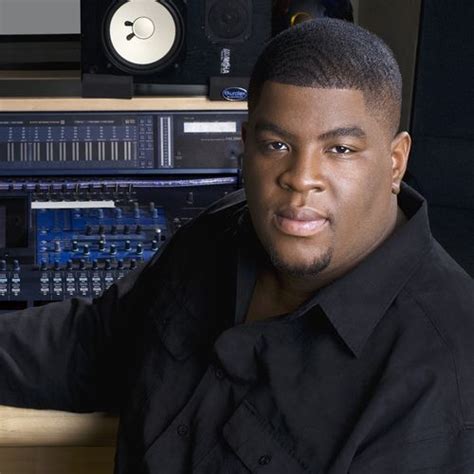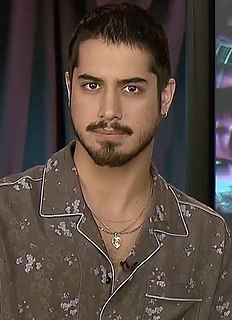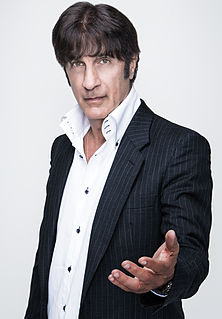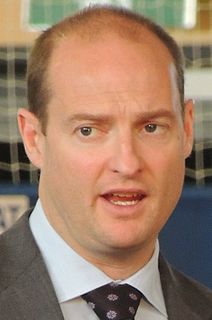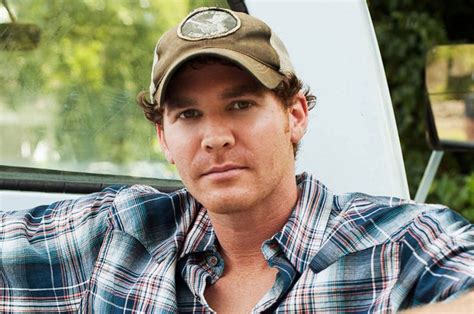A Quote by Lake Bell
I went to drama school in England, and you spend your first year working on the muscles surrounding the vocal mechanisms. You learn how you support it and create characters through your voice so that became an obsession. So I went to Hollywood thinking, 'Oh, I'm going to be one of the great voice-over artists.'
Related Quotes
The first time we did it [voice-over], I was trying to use my face and my eyes more so and really portray that emotion, and that didn't matter. I realized you have to bring that emotion into the way you sound, and all those different layers have to be in your voice instead of the way you are wrinkling your eyebrows or whatever. I had to learn how to do that.
I think everyone has a story to tell. Part of what I do is help artists find their voice, not only their vocal voice, but their writing voice. Every artist that I worked with who has those records that everyone talks about, they are also writers. I like to say I helped support whatever their writing was so people heard the song clearly.
My fear of drama school is that the natural extraordinary but eccentric talent sometimes can't find its place in a drama school. And often that's the greatest talent. And it very much depends on the drama school and how it's run and the teachers. It's a different thing here in America as well because so many of your great actors go to class, which is sort of we don't do in England.
When you recognize that there is a voice in your head that pretends to be you and never stops speaking, you are awakening out of your unconscious identification with the stream of thinking. When you notice that voice, you realize that who you are is not the voice - the thinker - but the one who is aware of it.
Singing is a kind of sport and a singer a kind of athlete and following this model becoming "vocally fit" - building vocal muscles - should be the point of any form of voice teaching. Other approaches don't work directly on building vocal muscles but instead focus on so-called diaphragm support and breathing, mask singing, breath control, throat relaxation - all of which are useless at best and harmful at worst.
But I'm pretty lucky with my voice. When I first started touring I went to see a woman to give me some coaching on how not to lose my voice. And she was just saying really your voice is a muscle so if you're using it all the time you should actually come back from tour with a stronger voice than you left with. And that's really how I find it.

